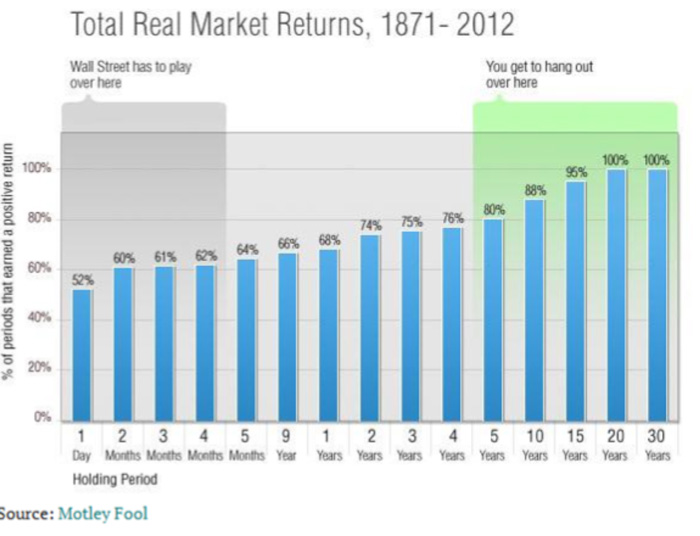
 When choosing a money manager one of the aspects we utilize to evaluate if they are worthy of our client’s money is whether or not they eat their own cooking.
When choosing a money manager one of the aspects we utilize to evaluate if they are worthy of our client’s money is whether or not they eat their own cooking.
According to Morningstar research, money managers who had invested $1 Million or more in the portfolios they managed outperformed 58% of their peers over the 5-year period ended July 2009.
Having their own money on the line is a great incentive to perform putting the managers on the same side of the table as their investors. This is also a belief we carry over to our own practice. Many of us here at the Center invest in the same portfolios we build for our clients.
We also like to understand how our managers are compensated. We find it is very important to choose managers that are compensated heavily on longer term returns as opposed to the most recent year’s performance. This aligns the managers with the clients’ long-term goals such as retirement or education funding. The chart below shows how difficult it is to achieve consistently positive returns over short time periods. The longer the time frame you have, the more likely it is to have positive returns. Most investors get to “hang out” in the green section meaning we have a longer period of time to invest to achieve those positive returns and we like money managers who focus on these time periods as well.

It is important for your Financial Planner to practice what they preach. For example, I just recently met with my financial planner (yes financial planners also need financial planners from time to time!). We evaluated my overall financial plan including retirement and education funding to make sure that our family’s investment and savings goals are appropriately aligned with our overall plan. This is the exact same process we believe in following with our clients. Our firm encourages this for all of our employees and many take advantage of this excellent benefit. It is human nature to care more about the process and the investments when you have your own future and money on the line!
Angela Palacios, CFP®is the Portfolio Manager at Center for Financial Planning, Inc. Angela specializes in Investment and Macro economic research. She is a frequent contributor to Money Centered as well asinvestment updates at The Center.
The information has been obtained from sources considered to be reliable, but we do not guarantee that the foregoing material is accurate or complete. Any opinions are those of Center for Financial Planning, Inc., and not necessarily those of RJFS or Raymond James.




